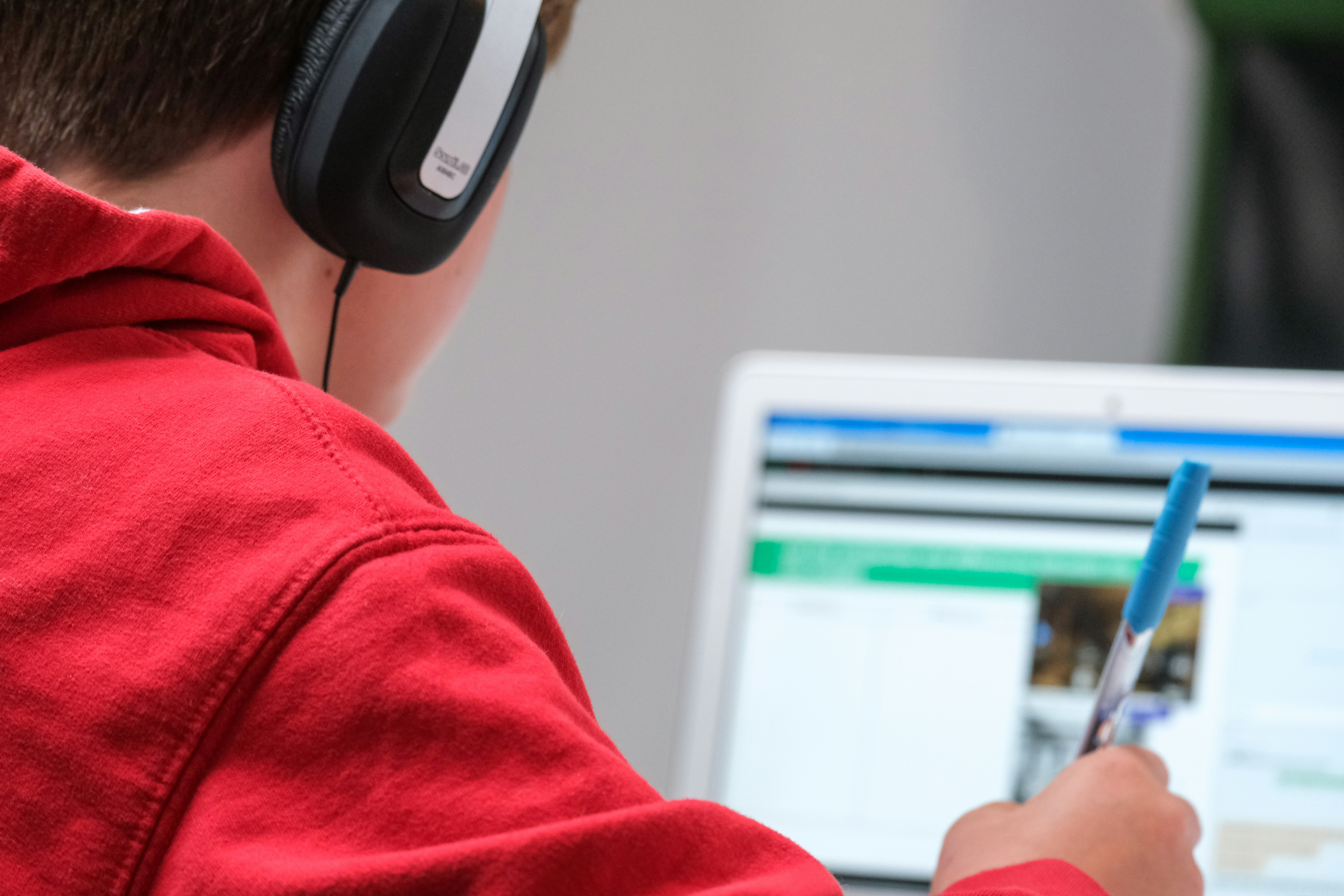Context and Issue
The traditional classroom setting in Singapore's education system faced challenges in providing equal access to quality learning resources and adapting to the diverse and evolving needs of students. Opportunities for interactive and self-directed learning were limited, and there was an increasing demand for a more agile and responsive educational platform. In response to these issues, the Ministry of Education (MOE) in Singapore launched the Singapore Student Learning Space (SLS). This national online learning platform aimed to enhance digital literacy and 21st-century skills among students by offering a comprehensive library of curriculum-aligned resources and tools for active learning. The integration of emerging technologies, such as artificial intelligence (AI), supported personalized learning experiences and facilitated full home-based and blended learning, making the SLS a crucial component of Singapore's education technology plans.
Solution
The solution to the challenges faced by Singapore's education system is the Singapore Student Learning Space (SLS), a national online learning platform designed to provide equal access to quality learning resources and adapt to the diverse and evolving needs of students. Initiated by the Ministry of Education (MOE) to address the limitations of traditional classroom settings, the SLS enhances digital literacy and 21st-century skills among nearly 500,000 users by offering a comprehensive library of curriculum-aligned resources and interactive tools for active learning. Developed through collaboration between the MOE, educators, and technology experts, the SLS integrates various technologies and follows international specifications (LTI 1.3, QTI3, xAPI) to ensure seamless content exchange and system interoperability. Its implementation involves continuous resource development, integration with other systems, user training, and regular updates based on feedback from teachers and students. The platform features interactive learning tools such as simulations, videos, polls, and quizzes, customizable content for teachers, and AI integration for adaptive learning and personalized feedback. Accessible both in and out of the classroom, the SLS supports full home-based and blended learning, allowing students to learn at their own pace.
Impact
The Singapore Student Learning Space (SLS) has significantly transformed education in Singapore, benefiting nearly 500,000 users by improving digital literacy and 21st-century skills. It successfully supported up to 300,000 concurrent users during the COVID-19 pandemic, ensuring continuous education. The SLS has received multiple accolades, including the Public Sector Transformation Service Delivery Excellence Award in 2023 and the Minister's Innovation Award in 2022. It was also recognized internationally as a runner-up in the E-Education & Learning category at the 2021 WITSA Global ICT Excellence Awards and won the Top Smart City Project for Education at the IDC Smart City Asia Pacific Award in 2018. Teachers and students have widely adopted the platform's interactive tools and customizable content, with AI integration enhancing personalized learning. Overall, the SLS has fostered a more inclusive, flexible, and technologically advanced educational environment in Singapore.












